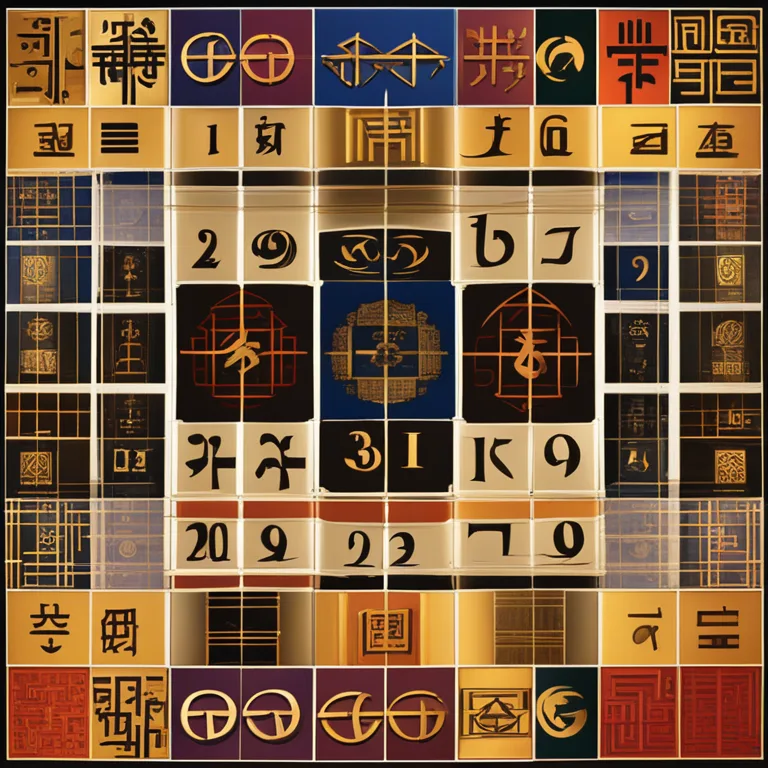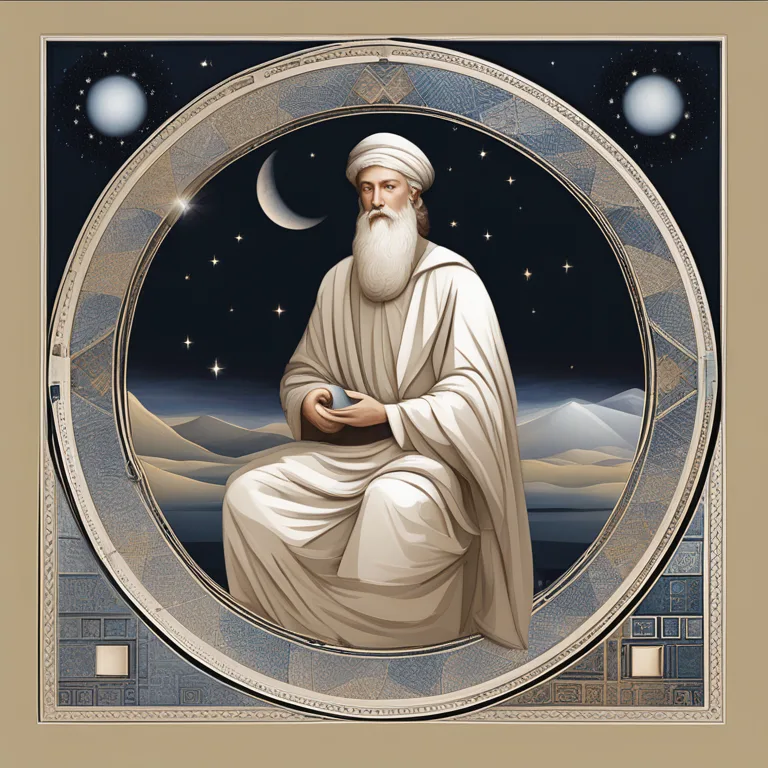
Numerology: A Historical Insight
The article delves into the historical inception of numerology, tracing the roots and evolution of this ancient practice.
article by Sofia Ferguson
Defining Numerology
Numerology is a metaphysical science akin to astrology that focuses on the significance of numbers and their influence on human life. Ancient civilizations recognized that numerical values were more than mere counting tools; they believed numbers possessed mystical properties. Numerology, in contemporary times, represents a study of numbers as they relate to an individual’s characteristics and destiny, a practice that expertly blends mathematical principles with spiritual insight. Despite its widespread modern-day application, many are unaware of its intriguing origins and the prominent figures attributed to its inception.

The Ancient Architects
The invention of numerology cannot be attributed to a single individual or culture. Its roots are deeply entwined with early human civilizations, notably the Egyptians and Babylonians, who infused numbers into their architecture, religion, and astronomy. However, the earliest recorded numerology system is Chaldean numerology, which originated in ancient Babylon. Often, the great Greek philosopher Pythagoras is credited with having a significant influence on the development of numerology as we know it today, introducing the idea that numbers have unique properties beyond counting and measurement around the 6th century BCE.

Pythagoras's Pivotal Role
Pythagoras's philosophy insisted that the world operated according to harmony and numbers were the essence of that order. He and his followers, known as Pythagoreans, devoted themselves to studying the properties of numbers, believing they held the key to understanding the universe. His work laid the groundwork for modern numerology, although the extent of his direct involvement is debated among historians. Pythagoras never left any written records, and much of what is known comes from the writings of his contemporaries and disciples.

Other Cultural Contributions
While Pythagoras’s influence remains indelible in Western numerology, other cultures also shaped the study of numbers. The ancient Chinese system of I Ching uses numbers and hexagrams for divination purposes, while Kabbalistic mysticism from the Jewish tradition places a profound emphasis on the numerical interpretation of Hebrew scriptures. In India, Vedic numerology integrates the significance of numbers with the spiritual teachings of Hinduism. Each culture added its unique layers to the tapestry of numerology, enriching the field with diverse methodologies and symbology.

The Modernization of Numerology
During the Renaissance, numerology resurfaced as part of the resurgent interest in the esoteric and occult sciences. But it was the 20th century that witnessed a significant revival of numerology, with figures like L. Dow Balliett and Dr. Julian Stenton (considered by some as the father of modern numerology) contributing to its popularity. They offered new interpretations and techniques, connecting numerological concepts with psychological insights, which provided personal and spiritual growth tools for many seekers.
Numerology's Enduring Legacy
Today, numerology continues to evolve with new approaches and applications, from personal growth to compatibility assessments in relationships. It’s a testament to the enduring human fascination with the esoteric meaning of numbers that numerology remains relevant. The practice is based on the enduring belief in a cosmic orderliness and personal resonance between individuals and the mathematical harmony of the universe. As we look to the future, the intertwining of technology and ancient wisdom promises to further propel the evolution of numerology in exciting directions.
Published: 12/21/2023
Modified: 12/21/2023
More predictions
Come back here soon to learn more about yourself and your future


The Significance of Zodiac Compatibility
Delve into the significance of zodiac signs in shaping relationship compatibility and discover if the stars can guide you toward harmonious connections.


Cancer & Libra Compatibility
Discover the dynamics of Cancer and Libra partnerships in love, friendship, and work with our in-depth compatibility guide.


Zodiac Sign Compatibility Guide
Discover your astrological love matches with our concise guide to zodiac sign compatibility.